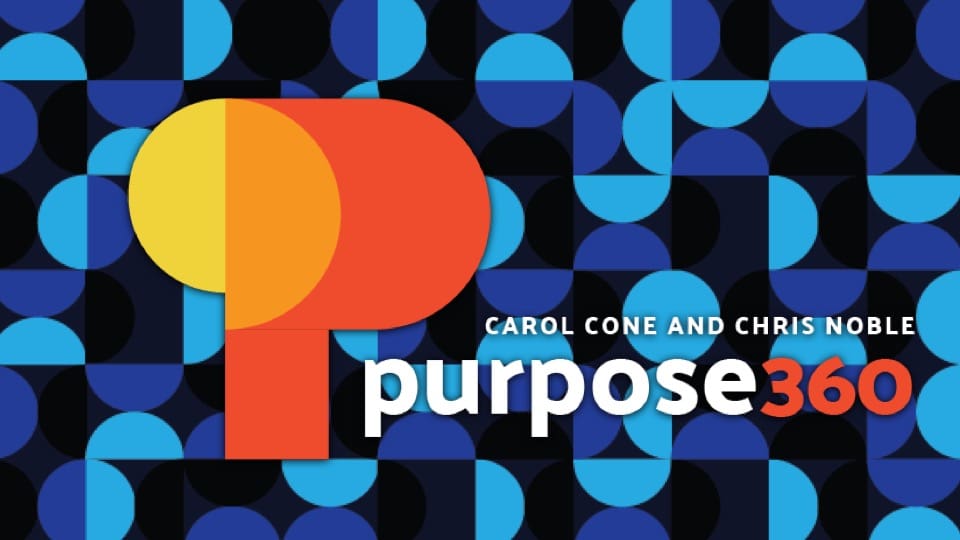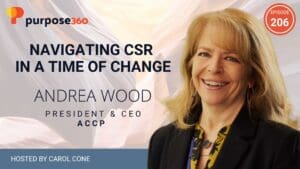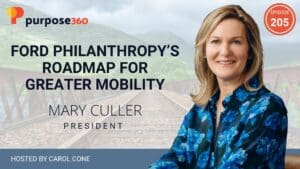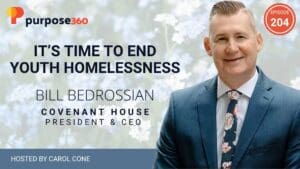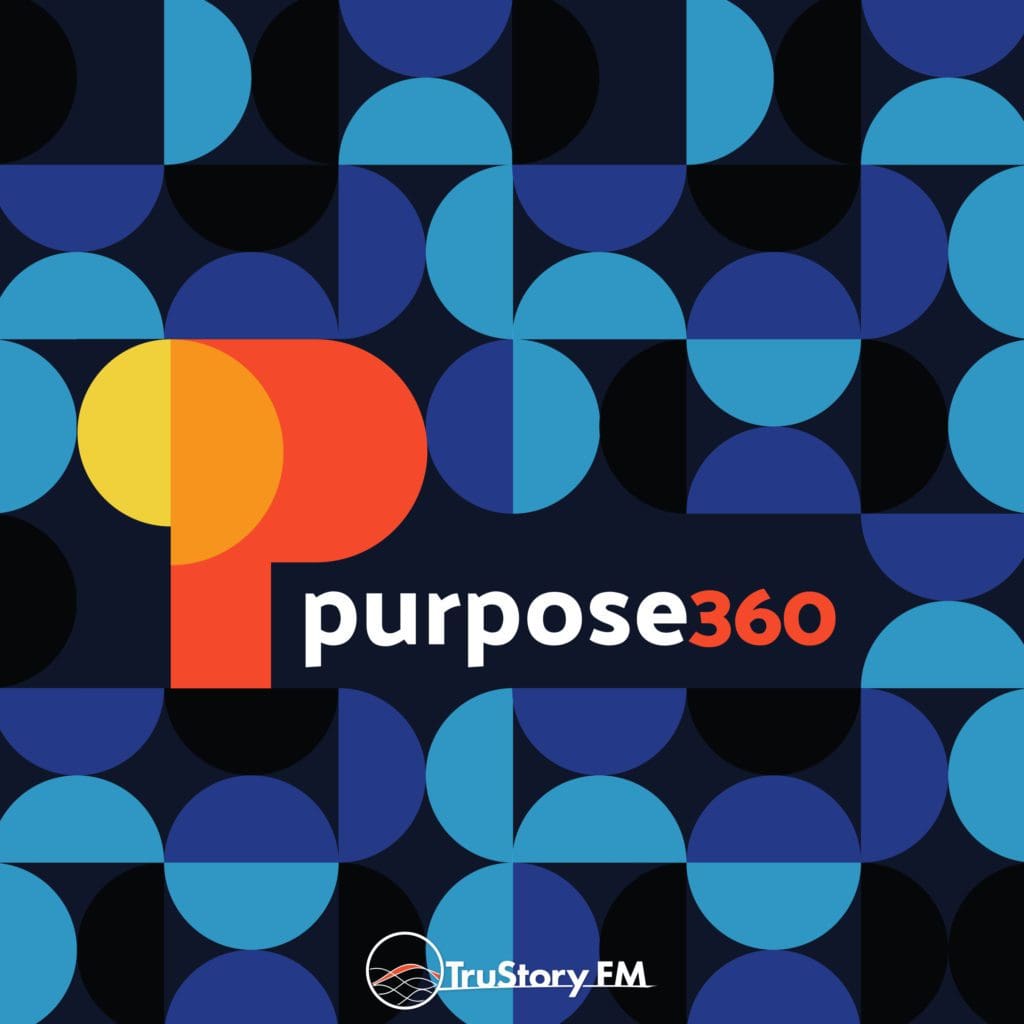LG’s “Life’s Good” tagline is well known, but few people can describe what “Life’s Good” really means. Two years ago, LG started a journey to redefine “Life’s Good” through social purpose, turning a marketing strapline into an ethos with the potential to measurably impact the business and society. Mike Pepperman, Manager, Corporate Social Responsibility and Community Relations shares how LG identified its social purpose, aligned with a relevant and authentic social issue, and developed its Experience Happiness initiative. Through Experience Happiness, LG aims to equip 5.5 million youth with the knowledge and skills to achieve Sustainable Happiness.
When school is in session, teens are the most stressed group in the U.S. — nearly one-third of teens struggle with anxiety, the most common mental health disorder in the U.S. And, rates of mental health among teens are growing. Rapidly.
Unfortunately, a stigma remains around the issue of mental health in young people. While many nonprofit and government organizations are working to address the issue, corporate support is lacking. It’s understandable – conversations about mental health are hard, and often focus on elements that are challenging to craft a brand narrative around, like suicide hotlines and rehabilitation programs.
For these reasons, LG was thoughtful in its approach to the issue of youth mental health, leaning on research, data, and evidence-based partners to find a “white space” the company was best equipped to address. Further, the approach needed to align with and support LG’s “Life’s Good” ethos in an authentic manner, without diminishing the brand. LG discovered an opportunity to empower and enable young people to learn Sustainable Happiness skills on their path to better mental health.
The company set a bold but achievable goal: to bring Sustainable Happiness skills to 5.5 million youth in the U.S. over five years. In this episode, Mike shares his insights on how LG identified its social purpose and created a flexible, built-to-last program:
- Controversial issues may be the most relevant to your brand. LG understood that mental health in young people would be a challenging issue to address, especially for a technology company whose devices could be considered a contributing factor. Pepperman explains how LG anticipated and addressed internal hurdles through candid conversation and the creation of a cross-functional steering committee. The process also included discussions with employees, many of whom are parents of their own teens struggling with mental health issues. “It’s been really heartening to be in a wide variety of meetings and have employees stop me mid-presentation to express their appreciation or tell a story about how their child has been bullied,” said Pepperman.
- **Organically scale programs. **LG designed the Experience Happiness platform for strategic growth. One pathway to scale involves connecting with schools across the country to discuss happiness skills. In Englewood Cliffs, New Jersey (LG’s U.S. headquarters), the company works directly with local school districts to introduce and administer programming. Nationally, other LG offices are equipped to develop relationships with their local school districts, directly engaging employees across the country to rapidly and organically extend reach.
- Create an ongoing dialogue with employees. To increase awareness about Experience Happiness, LG launched a newsletter that highlights one Sustainable Happiness skill or topic per month. The company hosts a lunch and learn series, convening groups of 25-50 employees and a nonprofit partner to learn Sustainable Happiness skills that families can put into practice. Having more intimate interactions with employees and letting them choose how to engage with the platform has led to increased employee participation at LG – turning them into advocates for the issue and the brand.
- **Establish credibility and authenticity through partners. **Experience Happiness is grounded in research, data, and evidence-based partners. LG chose to work with two grassroots organizations, Project Happiness and Inner Explorer, because of the organizations’ efforts to help teens incorporate Sustainable Happiness skills into their daily routines. Additionally, organizations like Greater Good Science at U.C. Berkeley and Discovery Education were carefully selected to provide the science-based foundation for the platform.
Share your take on this episode using the hashtag #Purpose360 and tagging us at @purpose360pod on Twitter.
Resources







